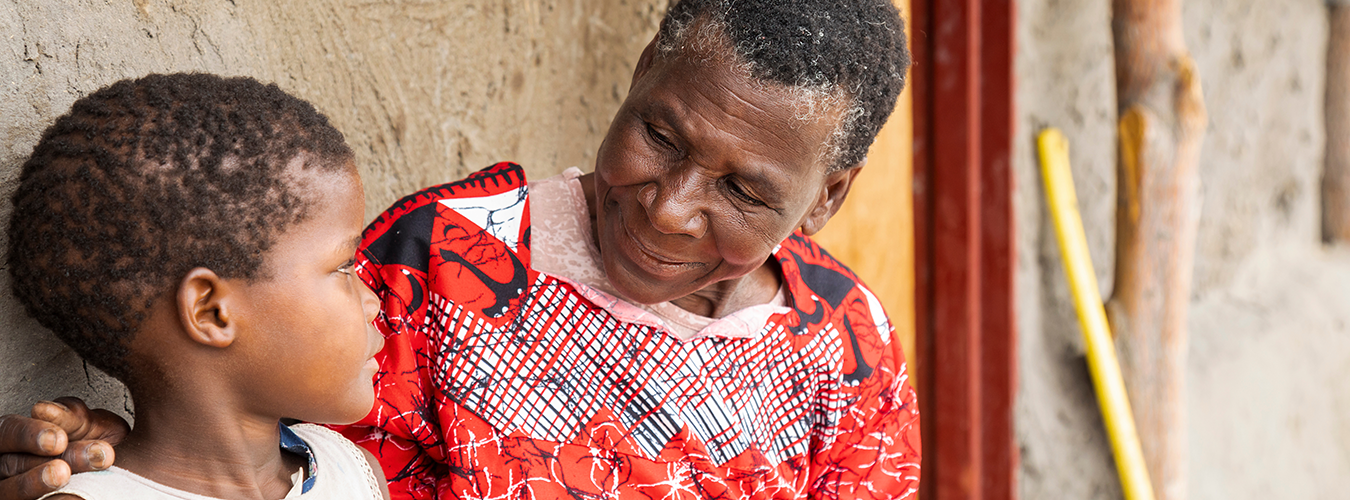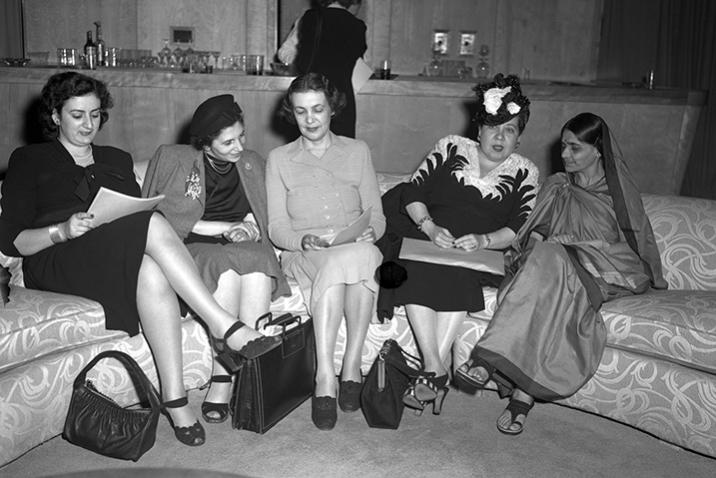Rights. Justice. Action. For ALL Women and Girls
On 8 March 2026, rally with women and girls around the world to demand equal rights and equal justice to enforce, exercise, and enjoy those rights.
Nowadays, no nation has closed the legal gaps between men and women. Right now, women have only 64 per cent of the legal rights that men hold worldwide. In fundamental areas of life, including work, money, safety, family, property, mobility, business, and retirement – the law systematically disadvantages women.
International Women’s Day 2026 (IWD 2026), under the theme, “Rights. Justice. Action. For ALL Women and Girls”, calls for action to dismantle all barriers to equal justice: discriminatory laws, weak legal protections, and harmful practices and social norms that erode the rights of women and girls.

Join the UN Women’s campaign
UN Women will soon launch a campaign with engaging materials and key information to spread the word and call for equal rights for all women and girls. Stay tuned!
Did you know?
- Women have only 64% of the legal rights that men hold worldwide.
- If progress continues at its current pace, it will take 286 years to close legal protection gaps
- In many countries, the law allows for early and child marriage, which erodes the full potential of about 12 million girls annually.
Commission on the Status of Women
Save the dates! 9-19 March 2026

UN will gather with Member States and NGOs from all regions of the world to discuss the current challenges and the achievements of gender equality. You can follow it on line through UN Web TV.




